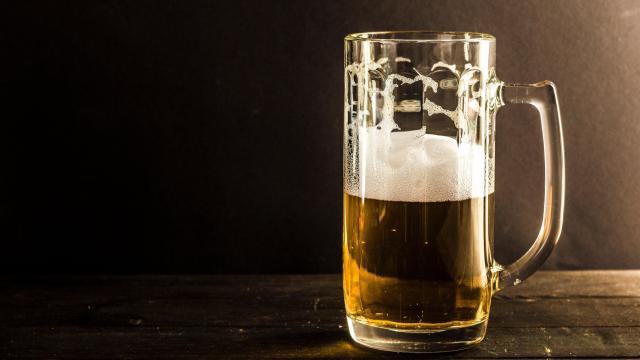Alcohol’s effect on men’s dating attitudes might be more complicated than we think, new research this week suggests. The small study found that young men’s perception of a woman’s attractiveness didn’t change once they started drinking. But, when under the influence, the men did become more willing to try meeting women they saw as most attractive.
The research was led by Molly Bowdring, who at the time was a researcher at the University of Pittsburgh. She and her colleague Michael Sayette recruited 18 pairs of male friends in their 20s for their study. The friends were specifically meant to be regular drinking buddies in order to mimic the typical social aspect of drinking alcohol.
The men took part in two days of experiments. At the start, they were randomised into two groups that drank a mixed cranberry juice cocktail that either contained alcohol or not (the men knew beforehand which was which). Midway through the first day, they were told that they would next rate the attractiveness of women they saw in photographs or videos, while also being told that they could potentially spend time with some of the women in these images for a future study. Afterwards, the men were asked to pick out the four candidates that they most wanted to see again. They went through the same order of events the second day but drank whichever beverage they didn’t have the first time. On days they drank alcohol, the men were given enough to reach the legal limit for drunkenness (a blood alcohol concentration of .08%).
The men’s average attractiveness rating of the women they saw didn’t change between the conditions, the researchers found. But when they drank, the men were more likely to pick out the women that they were most attracted to as potential study partners.
The findings, published Tuesday in the Journal of Studies on Alcohol and Drugs, do seem to cast doubt on the so-called phenomenon of “beer goggles.” Conversely, the study does support the idea that alcohol can provide men with some “liquid courage.” The authors note that other research has been decidedly mixed on whether the latter really happens.
“The well-known beer goggles effect of alcohol does sometimes appear in the literature but not as consistently as one might expect,” said study co-author Sayette in a press release from the academic journal.
The study’s findings are based on a small sample size, meaning that any conclusions should be viewed with caution until they’re verified by other, larger studies. Future research should also be aimed at better replicating real-life situations, the authors say, such as studies that try to test whether men actually become bolder in approaching beautiful women when they’ve got a little buzz going.
Assuming that these results are validated by other research, though, it might give drinkers a little more insight into their behaviour when drunk, the authors say.
“People who drink alcohol may benefit by recognizing that valued social motivations and intentions change when drinking in ways that may be appealing in the short term but possibly harmful in the long term,” said Bowdring, now a researcher at the Stanford Prevention Research Center in California.
